
Business
09:27, 11-Apr-2018
Chinese farmers react to tariffs on US farm products
By CGTN's Guan Yang
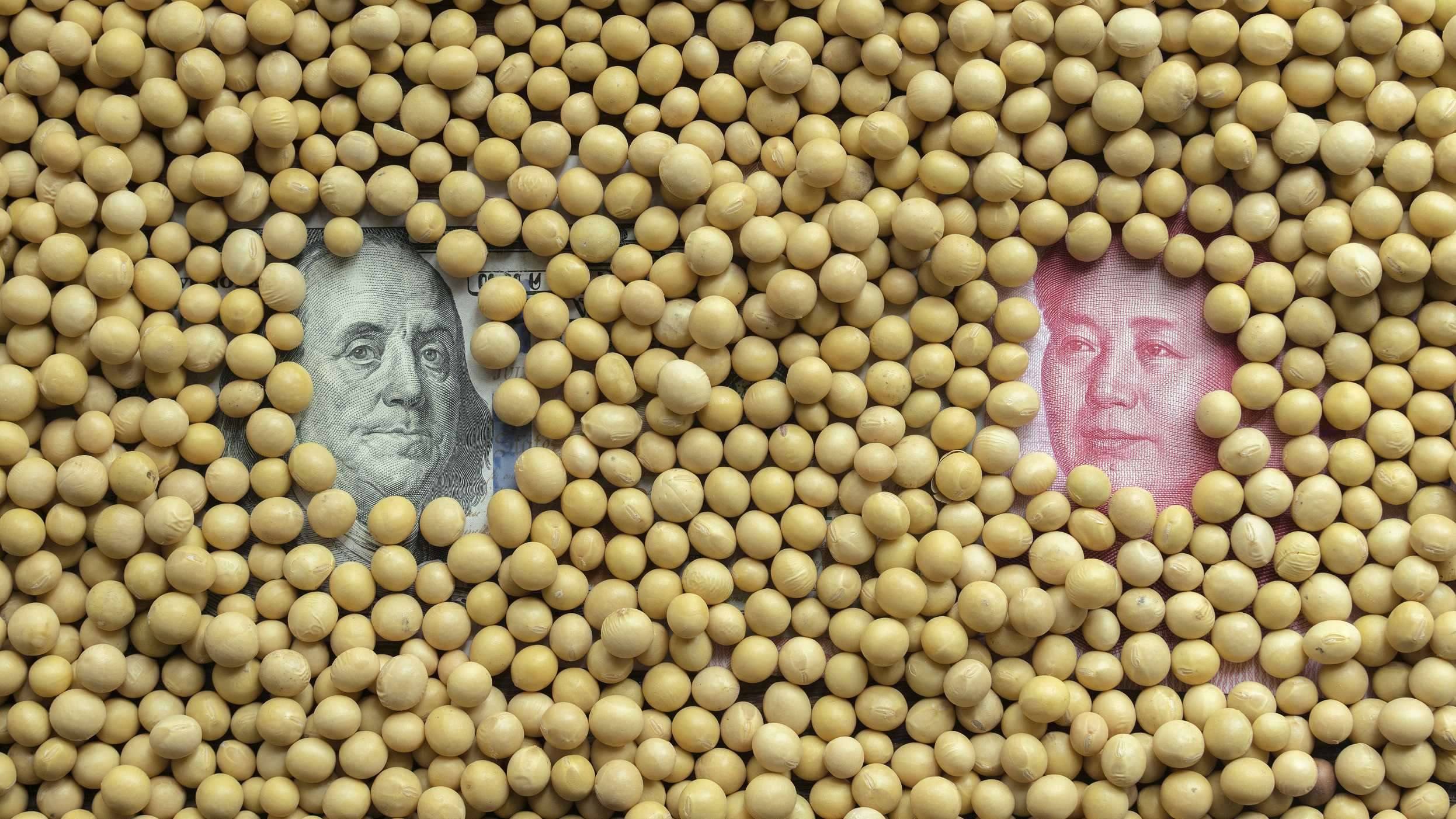
US farmers are fearing the worst, as China prepares to impose tariffs on US agricultural produce like corn and soybeans. But how do Chinese farmers view the situation?
It is the time of year for corn farmers to get to work. Seeds and fertilizers must be prepared well in advance for the spring ploughing season. Prices have always been the top concern.
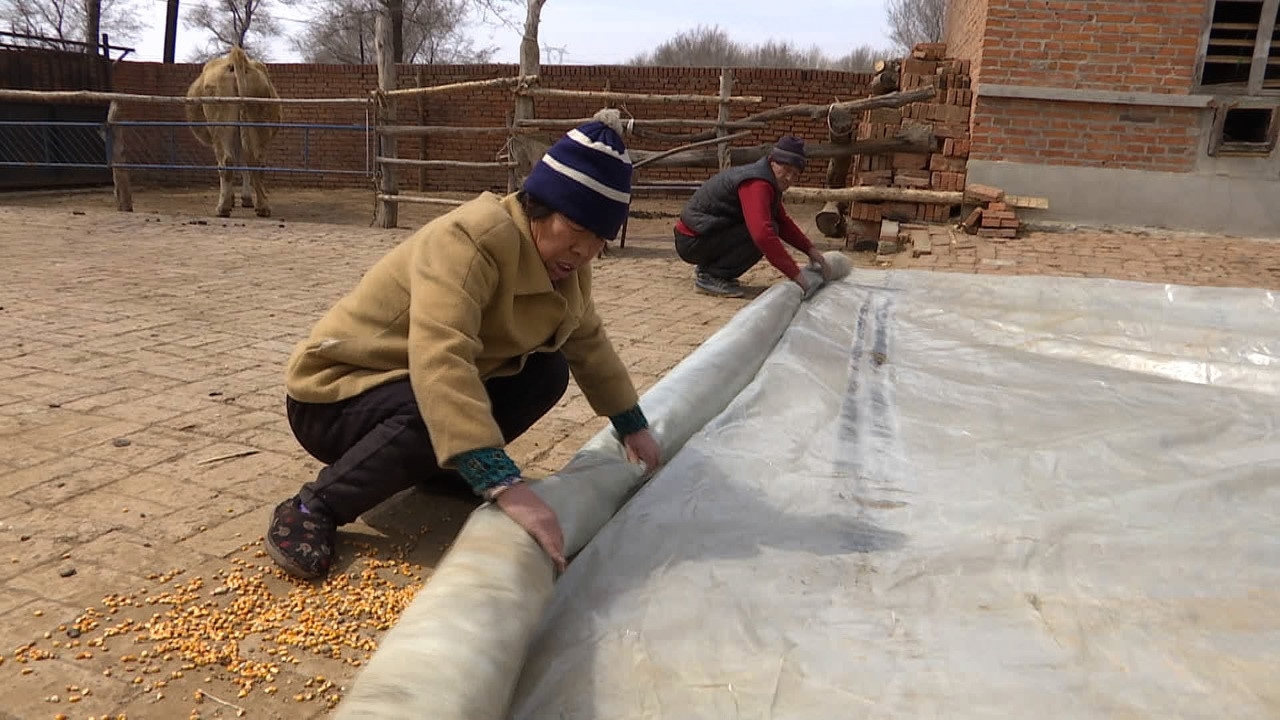
Farmers prepare in advance for the spring ploughing season. /CGTN Photo
Farmers prepare in advance for the spring ploughing season. /CGTN Photo
“This year's price for corn seeds is stable, and for fertilizers, the price has gone up slightly,” said Zhao Guoming, a corn grower from Liaoning Province.
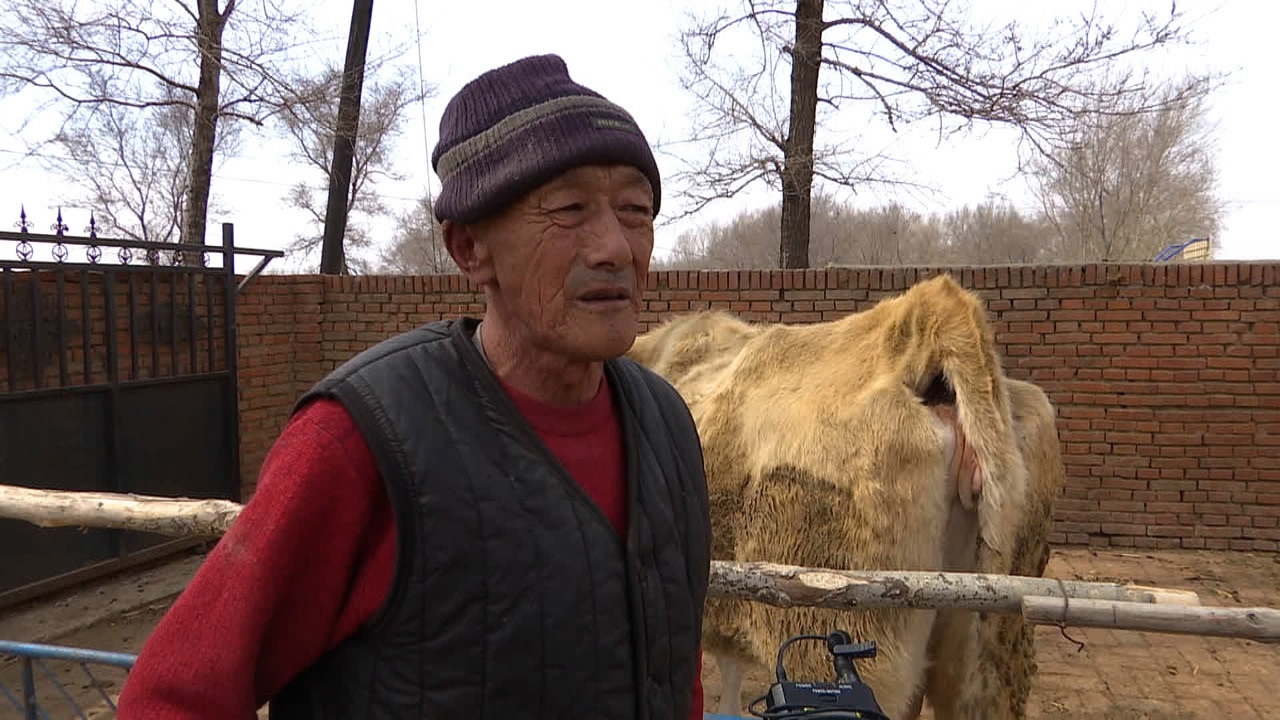
Corn grower Zhao Guoming /CGTN Photo
Corn grower Zhao Guoming /CGTN Photo
Figures from the US Department of Agriculture show that in 2016, more than 20 percent of the country's agricultural produce was sold to China. In particular, no country's appetite for soybeans compares to China's. In terms of corn imports, countries like Brazil and Argentina are already in position to replace US produce if necessary.
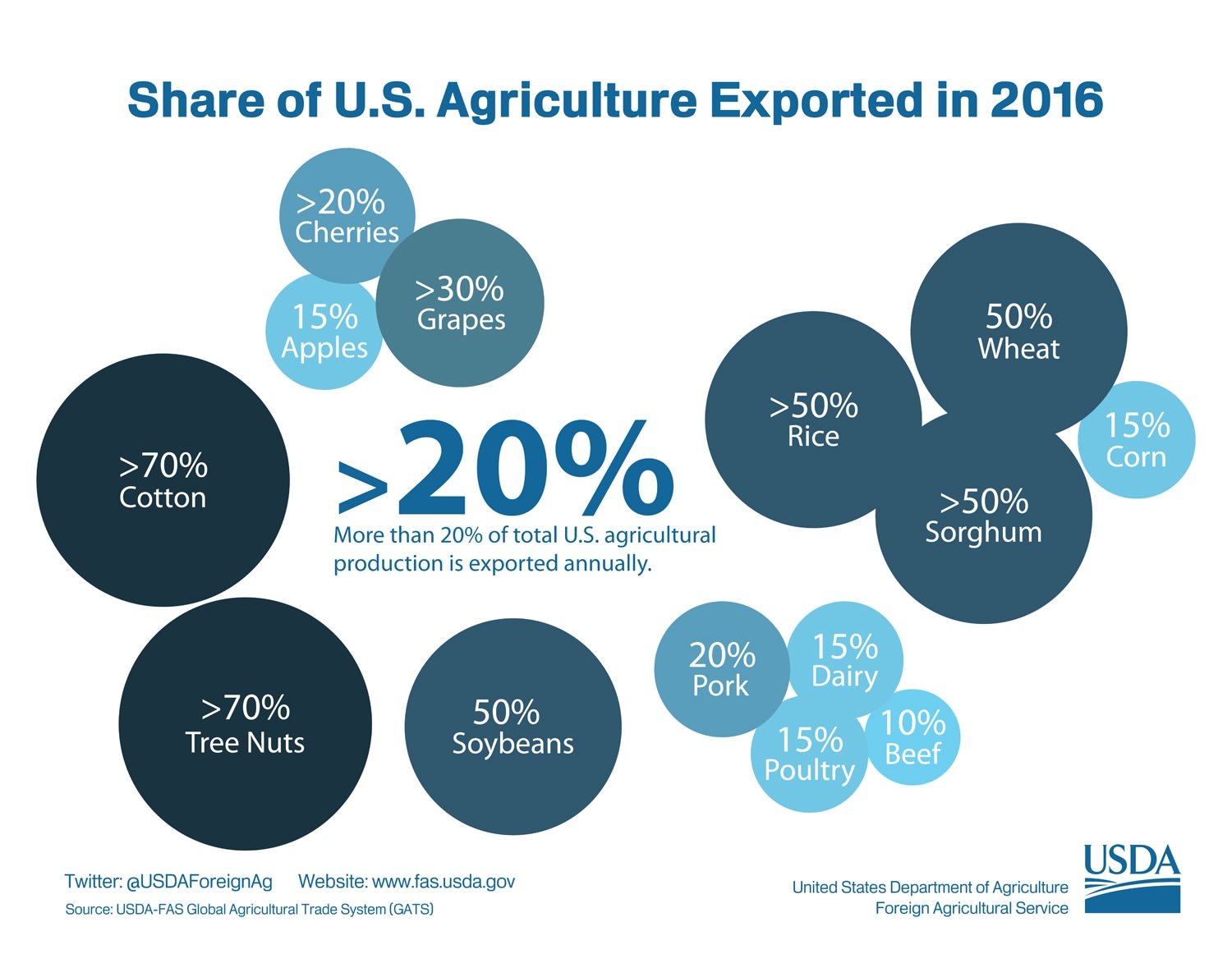
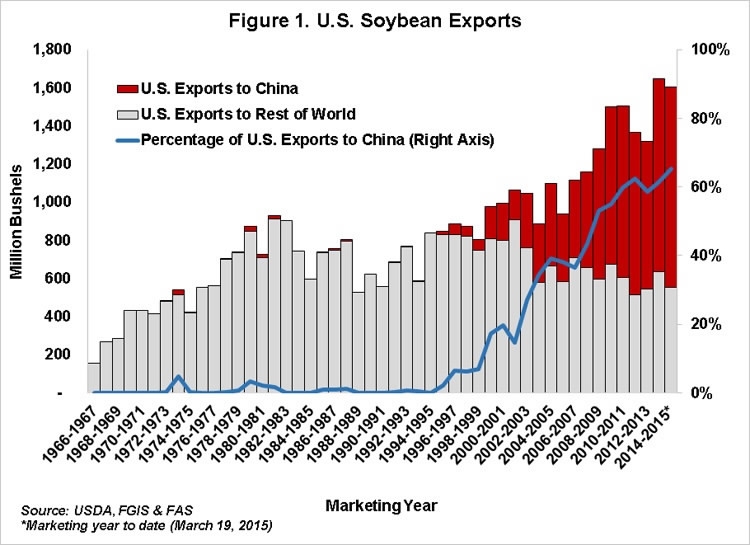
Chinese soybean and corn growers have seen significant increases in their yields in recent years, with the help of agricultural modernization and the integration of crop-fields.
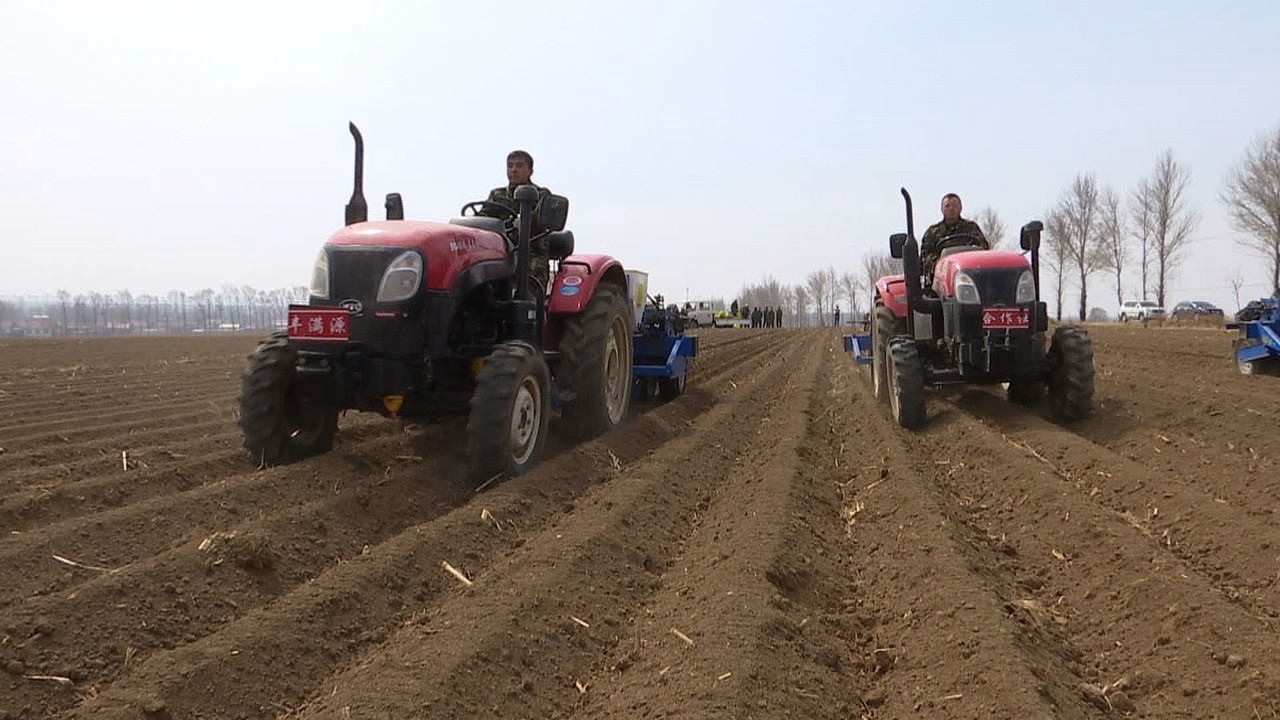
CGTN Photo
CGTN Photo
Yu Jingtao, a local farmer from Liaoning Province said: "I think whatever happens to US corn, it will have only a small impact on us. The corn we grow here is high in bulk density. We hardly had any problems with slack demand. Also some local farmers have switched to growing soybeans last year, because it receives more government subsidies."
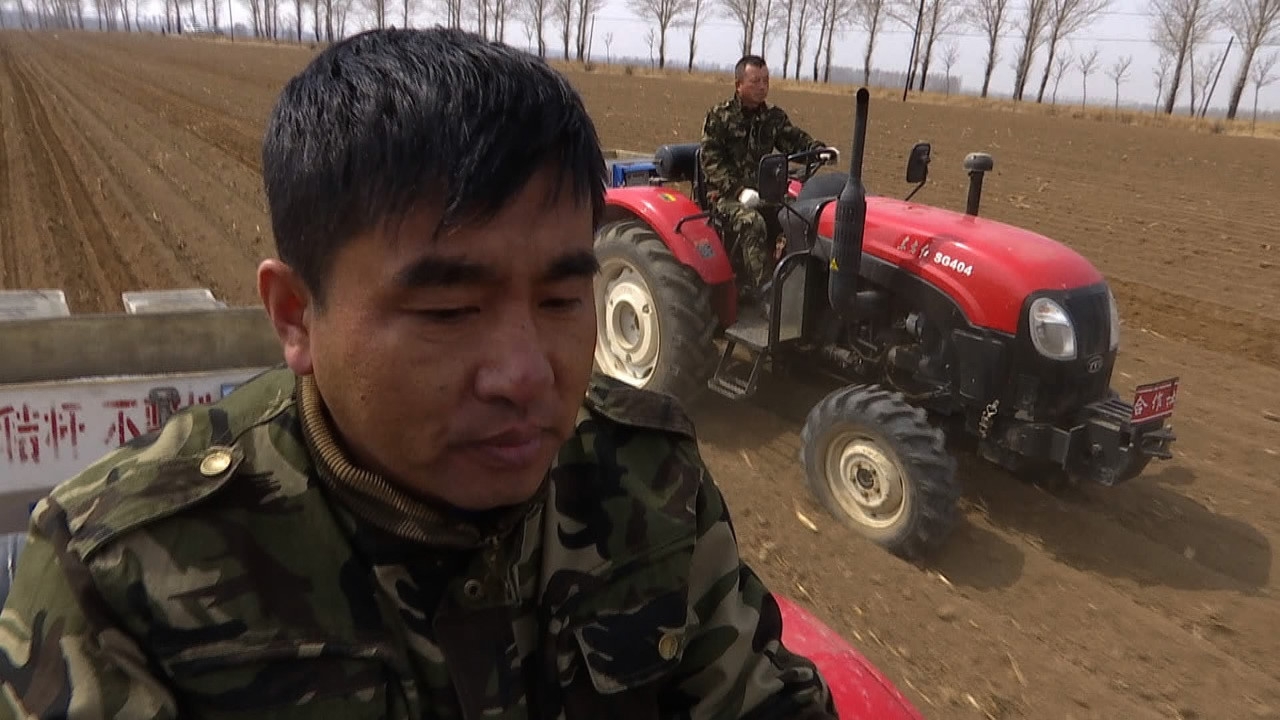
Yu Jingtao, a local farmer from Liaoning Province /CGTN Photo
Yu Jingtao, a local farmer from Liaoning Province /CGTN Photo
For US agriculture, exports represent an average of 20 percent of a farmer's income. And a considerable amount of agricultural exports goes to China. With a 25 percent increase in tariffs for US corn and soybean exported to China, farmers in China's major grain production region – the northeast – can be the unexpected winners if the tariffs take effect.
The manager of one local farm, which just converted one-third of his fields from corn to soybeans, has high expectations for when the harvest season comes this September. He told CGTN: "We've been following the news of trade conflicts, and we are confident in boosting our crop yields. We think the US producers will lose their competitiveness when the tariffs are imposed, and the demands for homegrown crops are bound to rise during the harvest season."
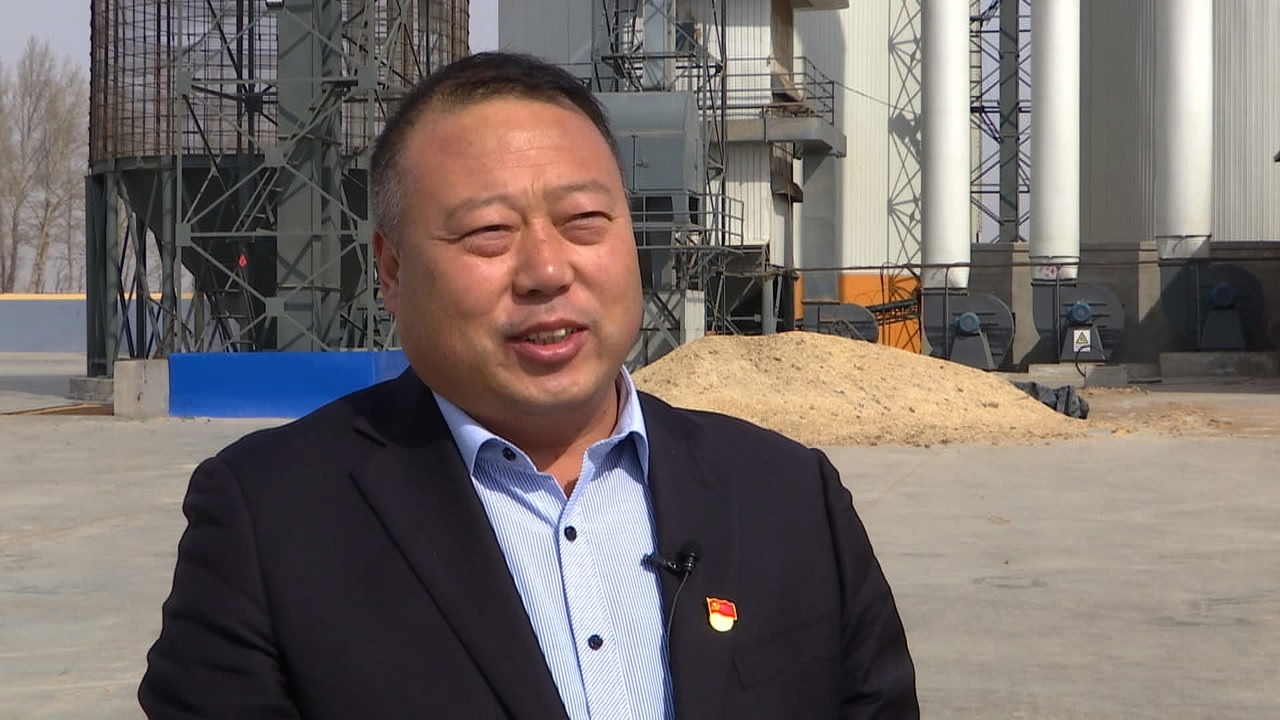
Wu Yanliang, the manager of a local farm /CGTN Photo
Wu Yanliang, the manager of a local farm /CGTN Photo
It's still not clear when the tariffs announced by the two sides might take effect, or if they'll be watered down in the meantime. But what is certain is that not everyone involved in a trade war will see a happy ending.

SITEMAP
Copyright © 2018 CGTN. Beijing ICP prepared NO.16065310-3
Copyright © 2018 CGTN. Beijing ICP prepared NO.16065310-3